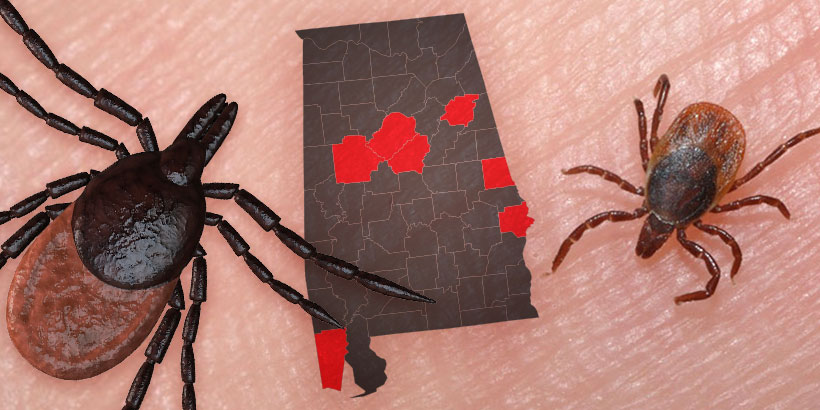
On Wednesday, the March of Dimes recognized Alabama Health Officer Dr. Donald Williamson for his leadership in newborn screening.
Babies born in Alabama are screened for 30 treatable metabolic and functional disorders as suggested by the U.S. Secretary of Health and Human Resources.
Most of the disorders are rare, but serious. Some may be life threatening, while others can slow a baby’s growth and development, and cause mental retardation.
In June, the state added a screening for Critical Congenital Heart Disease (CCHD). The screening is painless and noninvasive and targets seven specific and five secondary cardiac anomalies.
“Screening for treatable conditions immediately after birth can mean the difference between a healthy life or a severe disability or even death for a newborn,” said Camille A. Epps, March of Dimes state director. “Tragedy can be avoided by quickly identifying a problem and providing the necessary medical treatment—which brings immeasurable relief to the families of almost 60,000 babies born in Alabama every year.”
The Alabama Department of Public Health reported that facilities began the CCHD screening on a voluntary basis and ten newborns in Alabama were identified with congenital heart defects that might have gone undetected.
Because the defects were caught by the screening, the newborns were able to receive specialized care and treatment.
“Our success in implementing newborn screening for CCHD has been made possible thanks to the collaboration of many stakeholders whose expertise is crucial to the process,” Dr. Williamson stated. “I am pleased to accept this recognition from the March of Dimes on behalf of the members of the Newborn Screening Advisory Council, the CCHD Workgroup, the Alabama Hospital Association, parent advocates, the Bureau of Family Health Services and others.”
According to the Alabama Health Department, Alabama is ahead of the national average in screening newborns. Last year more than 160 infants were identified with a primary newborn screening condition.
Alabama screens for 30 primary disorders and more than 40 total disorders, including secondary conditions.
Follow Adam on Twitter @AdamYHN










